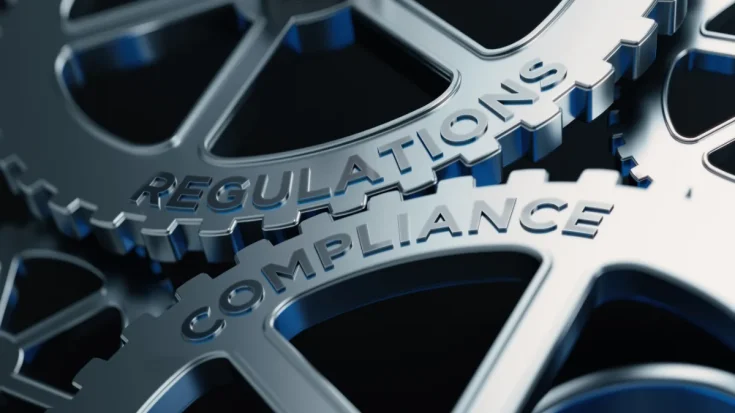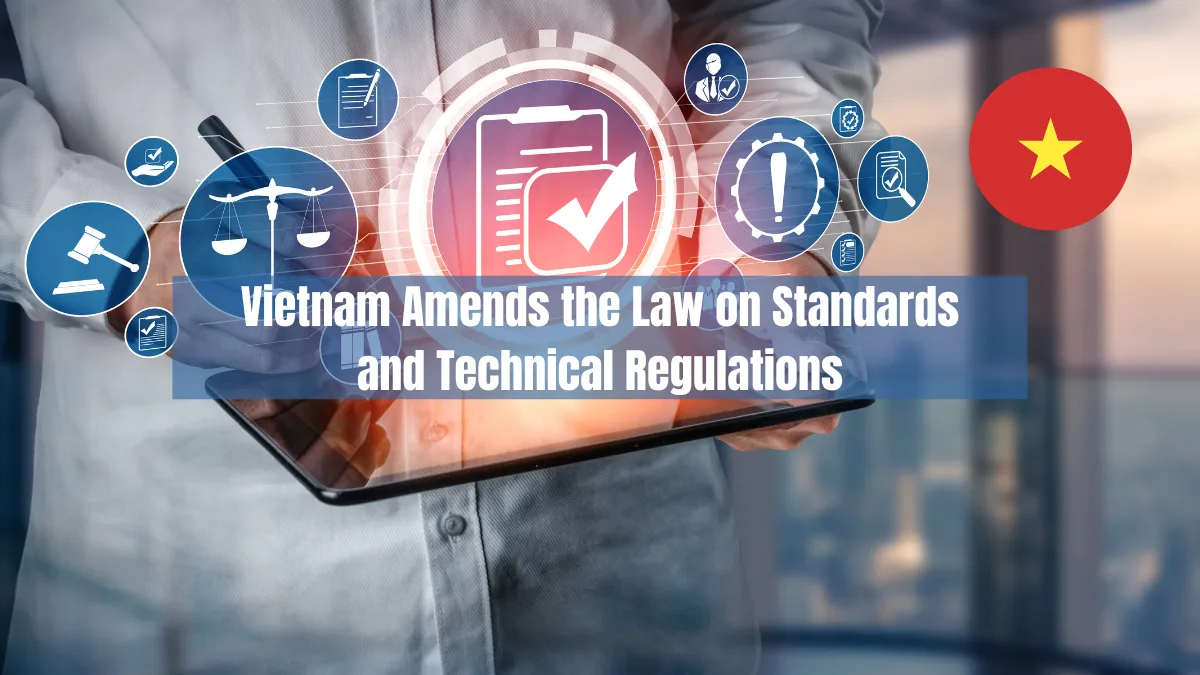Vietnam’s Law on Standards and Technical Regulations was amended and passed by the National Assembly, which certainly has a major impact on regulatory compliance maintained across the industry.
The revised Law on Standards and Technical Regulations aims to increase transparency, reduce redundant procedures, and align national practices with international commitments under agreements such as CPTPP, EVFTA, and RCEP.
This article will inform you about the amendments to the Law on Standards and Technical Regulations.
Amendments to the Standards and Technical Regulations Law

The amendments to the Standards and Technical Regulations Law have certainly had a major impact on regulation in Vietnam. Here are some of the changes from the amendments to the law:
1. Enhanced glossary of terms and roles
One of the key updates is the enhanced glossary of terms and roles. Definitions for standards, technical regulations, and conformity assessment activities, including testing, inspection, certification, and accreditation, have been clarified to eliminate ambiguity and establish consistent regulatory language.
The law also replaces the narrower term “conformity certification organization” with “conformity assessment organization” (Articles 50-52), a broader designation that includes testing, inspection, and certification entities.
These organizations must now meet stricter technical and legal requirements, including responsibility for compensation if an incorrect assessment causes harm.
2. Streamlining conformity and reducing regulatory overlap

A significant change comes in the form of Clause 1, Article 69a, which introduces an exemption from the declaration of conformity of technical regulations for products already regulated under special laws with equivalent quality management provisions, such as the Food Safety Act or the Pharmaceutical Act.
This adjustment removes the previous burden of double assessment, where companies had to conduct conformity checks under both general technical regulations and special laws for the same product.
This shift supports the shift from a pre-inspection supervision model to a post-inspection supervision model, which encourages enterprise self-responsibility while reducing administrative costs and fees.
3. Recognized international conformity results
Article 48 was revised by expanding the legal basis for declaring conformity of technical regulations. In addition to domestic certification, results from foreign conformity assessment organizations can now be used if they are jointly recognized under an international agreement or unilaterally recognized under Article 57.
4. Declaration of conformity with the digitized process
All declarations of conformity for both standards and technical regulations must now be registered digitally through the National Database on Standards, Measurement and Quality (Clause 2, Article 45 and Clause 2, Article 48).
This digitization simplifies the process, supports real-time surveillance, and enables better data sharing between ministries and regulatory agencies, thereby improving the efficiency of post-market surveillance and compliance activities.
These updates of amendments to Vietnam’s Standards and Technical Regulations laws are already in force.
This policy, of course, impacts companies aiming to sell in Vietnam need to carefully evaluate how these changes will affect their Information and Communication Technology (ICT) products.
If you find it difficult to arrange the testing process and the MOST certification for your ICT products, just contact Dimulti to help facilitate your process as a SEA product compliance and certification services in Vietnam to help with your problem.

